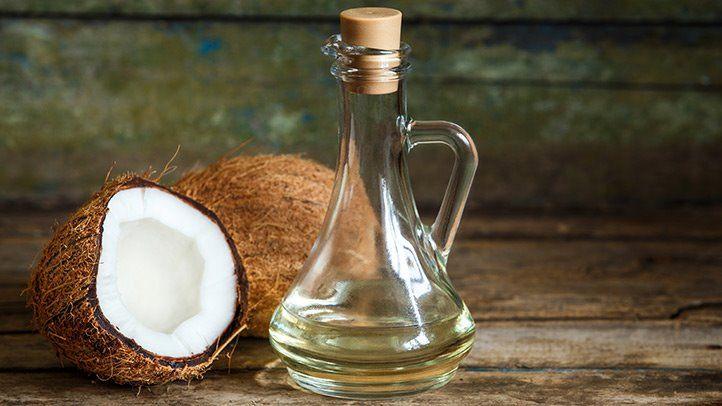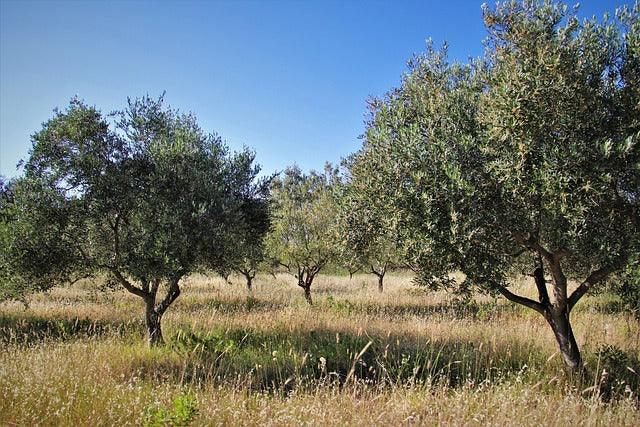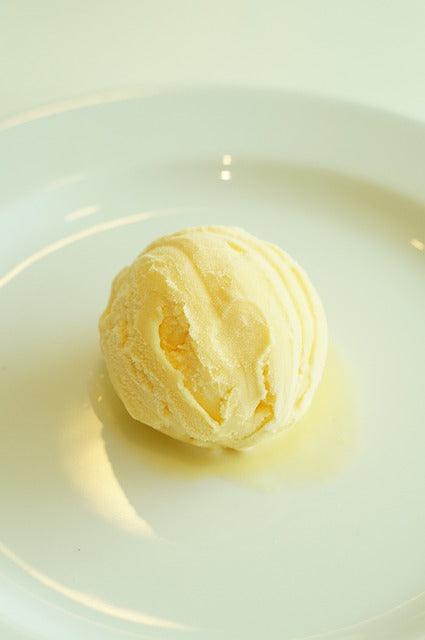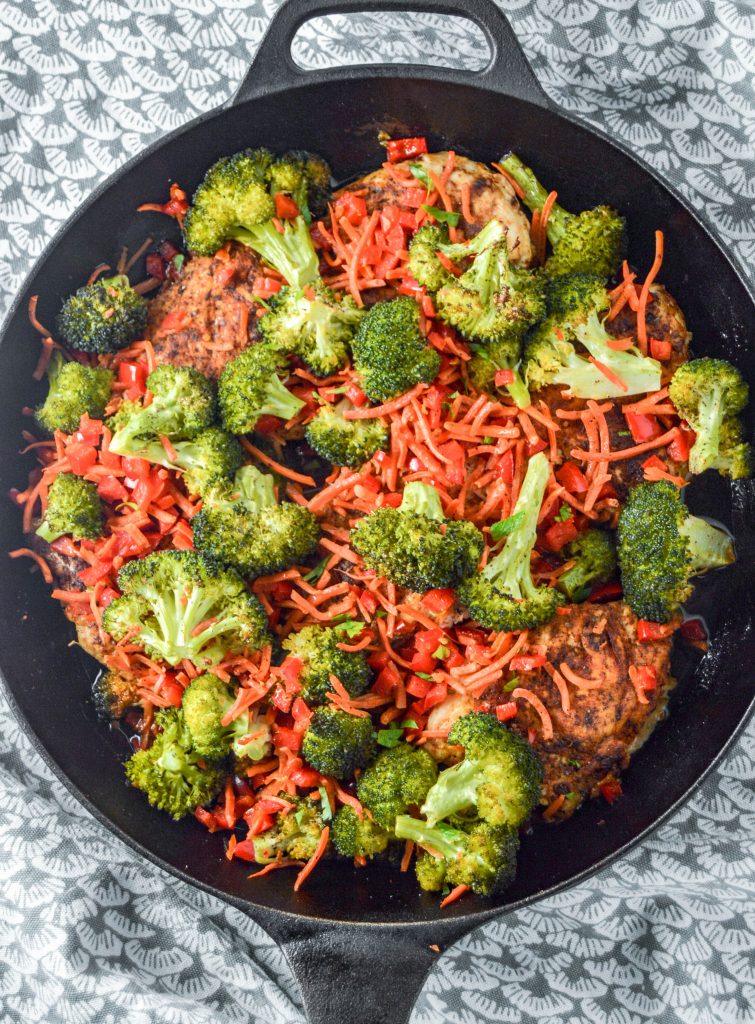Extra Virgin Olive Oil vs. Coconut Oil
The debate over whether extra virgin olive oil or coconut oil is better has been a topic of discussion among health enthusiasts and nutritionists. Each oil has its unique qualities, nutritional profiles, and potential health benefits. Let's dive into a comparison to help you understand which might be a better fit for your dietary needs and culinary preferences.
1. Nutritional Values:
Extra Virgin Olive Oil
- Healthy Fats: Olive oil is primarily composed of monounsaturated fats, specifically oleic acid, known for its potential heart health benefits.
- Antioxidants: It contains significant levels of antioxidants, such as vitamin E and polyphenols, which may help combat inflammation and oxidative stress.
- Vitamins: Olive oil is a source of vitamin K and vitamin E.
- Calories: One tablespoon of extra virgin olive oil contains approximately 120 calories.
Virgin Coconut Oil
- Fatty Acids: Coconut oil is high in saturated fats, including medium-chain triglycerides (MCTs), which are known for their quick absorption and potential energy boost.
- Antimicrobial Properties: It contains lauric acid, which may have antimicrobial and antifungal properties.
- Calories: One tablespoon of coconut oil contains around 117 calories.
2. Culinary Uses:
Extra Virgin Olive Oil
- Cooking: Ideal for low to medium heat cooking methods such as sautéing, stir-frying, and baking.
- Dressing and Dipping: Often used in salad dressings, dips, and drizzled over finished dishes.
Coconut Oil
- Cooking: Suitable for medium to high heat cooking, making it great for frying, baking, and roasting.
- Baking: Adds a slightly sweet, coconut flavor to baked goods.
3. The Smoke Point:
Extra Virgin Olive Oil
- The smoke point is typically around 320-375°F (160-190°C), making it suitable for low to medium heat cooking.
Coconut Oil
- The smoke point ranges from 350-400°F (177-204°C), allowing for higher temperature cooking without breaking down the oil.
4. Health Considerations:
Extra Virgin Olive Oil
- Associated with potential heart health benefits, including reducing the risk of heart disease and inflammation.
- Linked to improved cholesterol levels due to its high monounsaturated fat content.
Coconut Oil
- MCTs in coconut oil may be utilized by the body for quick energy.
- Some studies suggest it may help increase levels of good cholesterol (HDL) in the blood.
5. Flavor Profile:
Extra Virgin Olive Oil
- Offers a distinct, fruity flavor with variations ranging from mild to robust, enhancing the taste of various dishes.
Coconut Oil
- Imparts a subtle coconut flavor, adding a unique twist to dishes and baked goods.
Conclusion:
Both extra virgin olive oil and coconut oil have their own set of benefits and uses. The choice between the two depends on your dietary preferences, intended culinary application, and health goals. Extra virgin olive oil is a staple in Mediterranean cuisine and is well-regarded for its heart-healthy properties. On the other hand, coconut oil, with its distinct flavor and potential energy-boosting effects, is often used in various culinary applications.
It's important to incorporate oils in moderation and choose them based on the specific needs of your recipes and health objectives. Consider consulting with a healthcare professional or registered dietitian to determine the best fit for your individual circumstances. Ultimately, a balanced and diverse approach to oils in your diet is key to reaping their potential benefits.
To learn more about the rich history and benefits of olive oil, check out these additional resources:
- Health Benefits of Olive Oil
- The Mediterranean Diet Guide
External Links:
- Harvard T.H. Chan School of Public Health: The Nutrition Source
- Healthline: 11 Proven Benefits of Olive Oil
These links provide valuable information and insights that can enhance your understanding and appreciation of olive oil's historical and contemporary significance.












